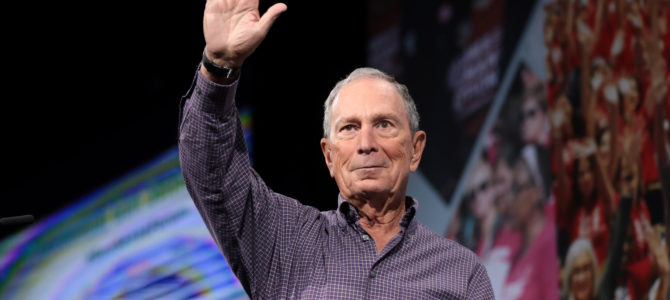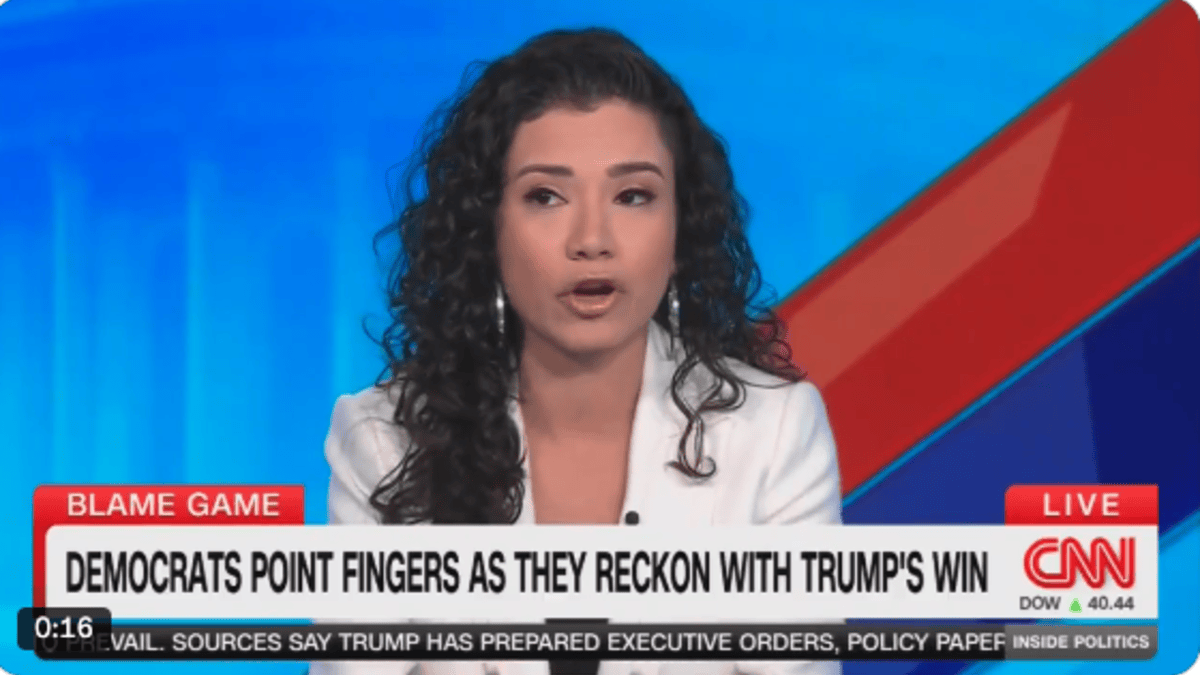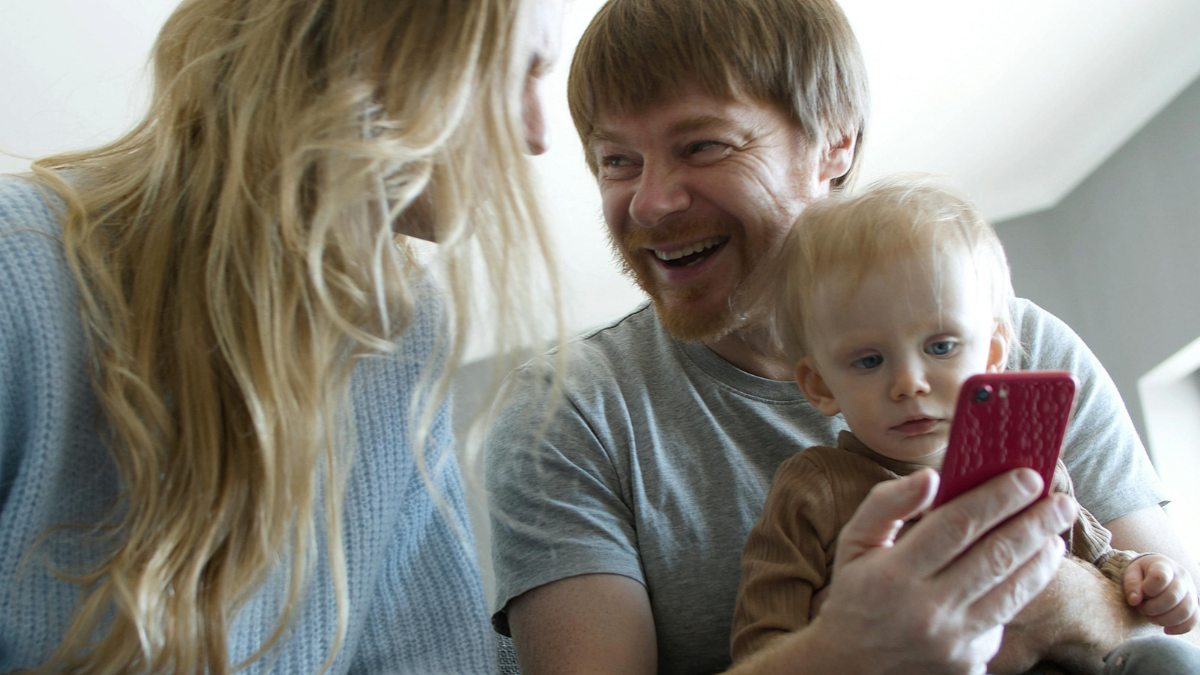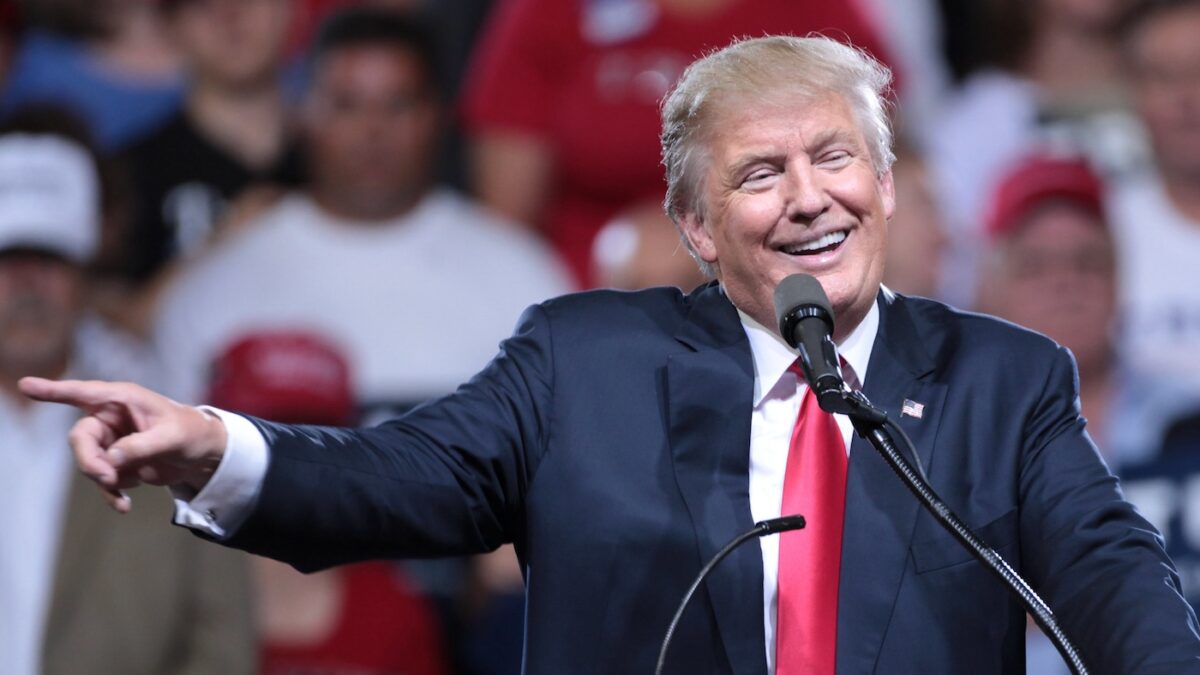Former New York Mayor Michael Bloomberg’s unorthodox end run around the early primaries and caucuses continues to show signs of success. A new NPR/PBS/Marist poll shows supports for the self-funding billionaire at 19 percent that puts him in second place behind Bernie Sanders and qualifies him for the Nevada debate on Wednesday.
Bloomberg will join Sanders, Joe Biden, Pete Buttigieg, Elizabeth Warren, and Amy Klobuchar on stage. The former mayor’s qualification for the debate is not a huge surprise, as his campaign has been preparing for his participation, but the surge into second place is more shocking.
Here are the results:
- Sanders: 31 percent
- Bloomberg: 19 percent
- Biden: 15 percent
- Warren: 12 percent
- Klobuchar: 9 percent
- Buttigieg: 8 percent
Along with Bernie’s commanding lead and Biden’s continuing collapse, the big story here is Bloomberg more than doubling the poll numbers of Klobuchar and Buttigieg. The latter two had hoped strong showings in last week’s New Hampshire primary would light a fire under their campaigns. According to this poll, however, their effective campaigning in tiny New Hampshire and Iowa has not translated into broader appeal nationally.
With Super Tuesday looming, this is bad news for Amy and Mayor Pete, because with so many states set to vote at once, their retail political skills, so effective in the early contests, will not come into play.
Meanwhile, Bloomberg’s blitzkrieg of advertisements and scooping up of Democratic political staffers seems to be paying off. As recently as December, he was polling in the low single digits and has been on a fast and steady rise up the polling ladder.
On Monday, for the first time his campaign took direct aim at frontrunner Sanders in a tweet that featured angry and abusive statements from Sanders supporters, or Bernie Bros. The Bloomberg campaign insisted the senator should be doing more to engender civil discourse.
This sets the stage for an interesting night on Wednesday. Will Bloomberg in his first debate appearance take aim at Sanders, and will Sanders reciprocate? Will the second-tier candidates scrambling for relevance attack Bloomberg or each other? Whatever happens, it represents a dramatic shift in the state of the race.
Bloomberg has arrived. How far his unconventional campaign can go remains to be seen, but thus far, it has gone almost exactly according to plan. And his massive gains appear to be coming at the expense of every candidate except Sanders, whom the Bloomberg campaign hopes to be going up against one-on-one sooner rather than later.
For everyone else, the pressure is on. Should they fail to turn these numbers around, their days in the race could be numbered. Things are about to get very serious, and the debate this week is one of the last chances for those lagging behind to catch up.









